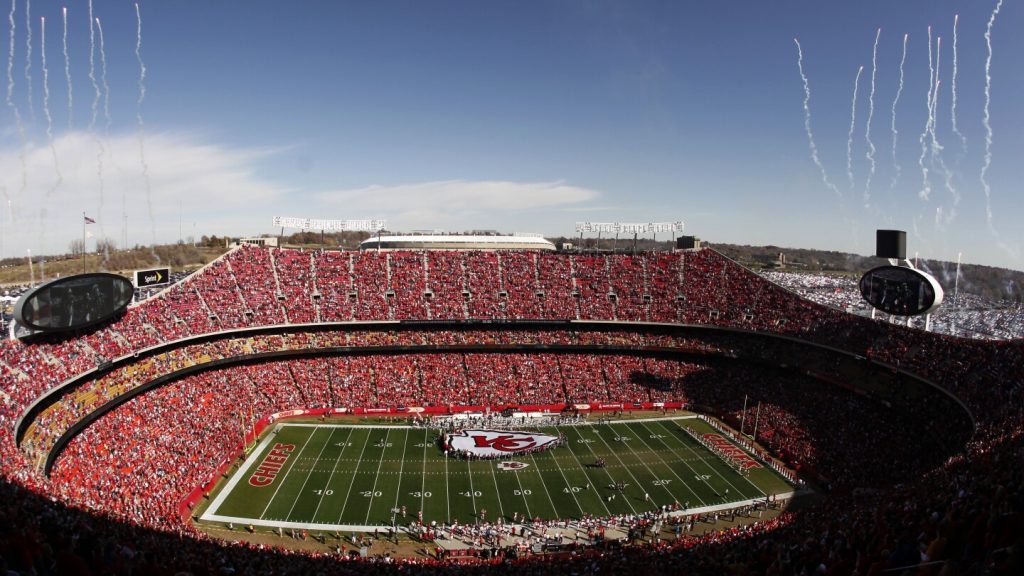Some Kansas lawmakers are exploring the possibility of luring Kansas City’s professional sports teams, the Chiefs and the Royals, to relocate across the border to Kansas. The plan involves authorizing at least $1 billion in bonds to cover the entire cost of building new stadiums for the teams, with the debt being paid off over 30 years using tax revenues generated in the area. However, the proposal was not brought to a vote before the Legislature adjourned, as some lawmakers raised concerns about the plan appearing to be corporate welfare and wanted to focus on approving a package of tax cuts for constituents first.
The push for the plan came after voters in Missouri rejected extending a local sales tax to fund the upkeep of Arrowhead Stadium and Kauffman Stadium, where the Chiefs and the Royals currently play. The bill’s proponents hope to offer the two professional sports teams an alternative should they consider leaving Kansas City, which could be detrimental to both states. Despite the initial setback, Governor Laura Kelly signaled that she may veto the last tax package approved by lawmakers, opening the possibility of a special session to discuss the stadium financing proposal along with a revised tax plan.
The proposed legislation aims to allow bonds to finance the construction of new stadiums for the Chiefs and the Royals, with the teams being responsible for paying off the bonds if local tax revenues fall short. The current lease on the teams’ complex is set to expire in 2031, with the Royals having plans to move to a new ballpark district by then, while the Chiefs aim to continue playing at Arrowhead Stadium. Critics argue that using taxpayer money to fund large projects like sports stadiums goes against the principles of a free market economy and raises concerns about prioritizing the interests of millionaires over the general public.
Lawmakers who oppose the stadium financing proposal question the use of taxpayer money to subsidize the construction of new sports facilities, especially without proper public hearings or debates on the matter. Some argue that Kansas has other priorities that should take precedence over funding professional sports teams. While supporters of the plan believe that it could bring economic benefits through increased tax revenues from the surrounding areas, critics, including influential groups like Americans for Prosperity-Kansas, view it as an unnecessary expense that could have negative implications for the state’s finances.
Despite the setbacks and criticisms, some lawmakers remain optimistic about the potential benefits of attracting the Chiefs and the Royals to Kansas. The debate over the stadium financing proposal reflects broader discussions around economic development and the role of government in supporting large-scale projects. As the possibility of a special legislative session looms, the future of the plan to lure the two professional sports teams across the border remains uncertain, with differing opinions among lawmakers and stakeholders in the state of Kansas.


